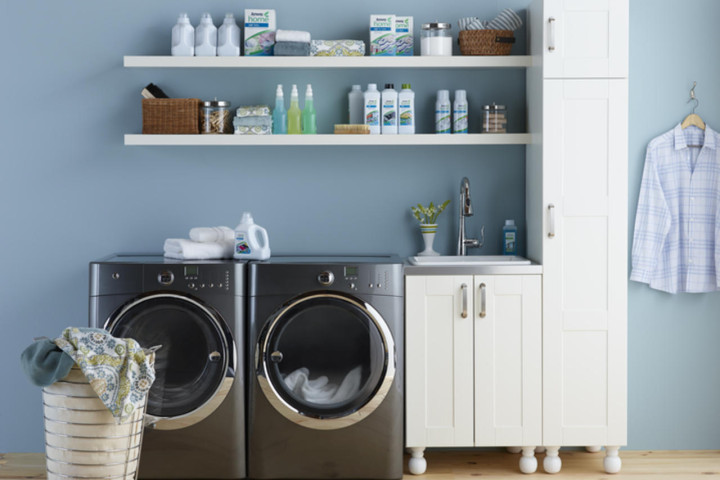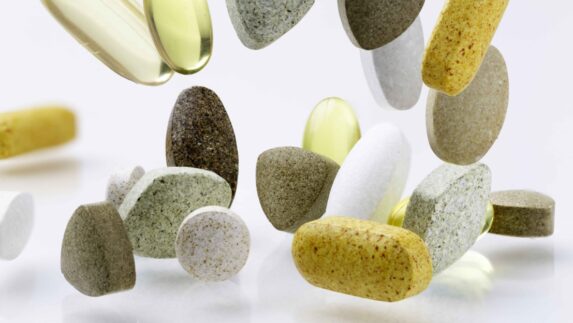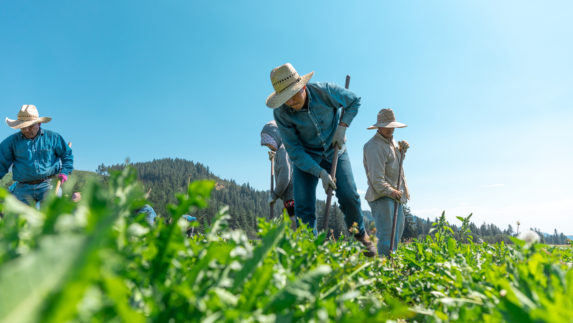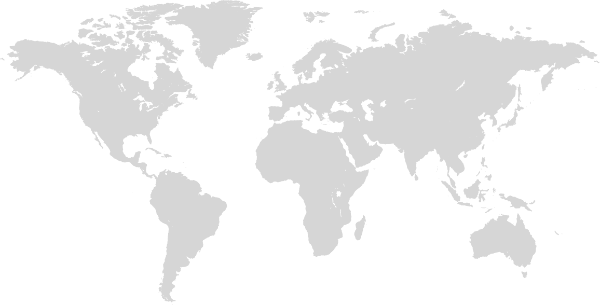With biodegradable and phosphate-free laundry formulas that perform as well as or better than traditional products, one might think scientists have done all that can be done to make laundry aids safer and easier on people and nature.
But Amway scientists say they’ll never stop trying to advance safe laundry options.
“Have we reached the end yet? Absolutely not,” said Amway Principal Research Scientist Phil Sliva. “We’ll always figure out better, safer ways to do things.”
In fact, scientists at Amway and other leading laundry product formulators believe that “greener” laundry care – that is, products formulated to be environmentally responsible – should be viewed not as a process with a beginning and end, but as a continuum. Something as simple as a design change by washing machine manufacturers often provides the opportunity to innovate laundry formulations.
For example, today’s machines use a fraction of the water volume that their predecessors required only a decade ago. That’s good for reducing water consumption. But formulating products for these machines requires what Sliva calls a “higher concentration of chemistry.” The mandate is to keep designing products that work as well or better in the newer machines while still conforming to high environmental standards – and often the results are new formulations that work even better.
Another example is the higher spin speeds of newer machines. High spin speeds help the machines extract more water for faster drying, but they also set more wrinkles into the fabric. Formulating products to improve these machines’ wrinkle performance without compromising environmental sensitivity could lead to discoveries that help improve environmental performance overall.
One of the laundry care industry’s hottest “greener chemistry” topics right now is fragrances.
”Opinions and desires are wide ranging on fragrances in consumer products,” Sliva said. “The most extreme end of the spectrum is for fragrance-free products. For some, this is due to concern that fragrance components can increase the risk that some percent of exposed people will have allergic and hypersensitivity reactions.
“In reality, most consumers prefer fragrance in their products,” he said. “Fragrance-free products represent an exceedingly small portion of the market. The developers of fragrances and the consumer product manufacturers make it a priority to ensure that the ingredients they use do not cause allergic reactions and are safe for use.”
Sliva is a leader in tackling these challenges. He is co-chair of the Formulators Roundtable, a partnership between the American Chemical Society’s Green Chemistry Institute and the formulated products industry. The Green Chemistry Institute is an industry consortium of scientists and researchers, dedicated to the design of chemical products and processes that reduce or eliminate the use and generation of hazardous substances.
The Formulators’ Roundtable works throughout the supply chain, from supplier to certifier, to develop and use greener alternatives and scientifically sound standards. Sliva has co-chaired the group since March 2012.
“There’s always going to be another opportunity,” Sliva said. “It’s important for us to identify the opportunities for the industry as a whole.”
Amway historically has been dedicated to formulating environmentally responsible home care products that also perform to high standards and are economically viable. In the 1970s, Amway introduced its first phosphate-free laundry formula and made it available across the U.S.
By the early 2000s, the company manufactured phosphate-free laundry detergent for all of its markets.
Today, all of Amway’s laundry detergents and fabric softeners are readily biodegradable so they break down into simple elements found in nature. Most AMWAY HOME™ and LEGACY OF CLEAN™ SA8™ laundry products – as well as the brand’s surface and dish care products – contain active ingredients derived from natural sources such as coconuts, citrus and minerals, yet they deliver high-performance cleaning. They are concentrated, so they require less packaging per use, and are dermatologist tested to ensure they leave no irritating residue, so they are safer for people when used as directed. Amway home care products are backed by more than 50 years of scientific research and innovation.
Amway also works in partnership with the US Environmental Protection Agency’s (EPA) Design for the Environment program. Although not an endorsement, the DfE seal helps consumers choose safer products that do not sacrifice quality or performance. The EPA is known and respected globally for its focus on human and environmental safety. More than 40 current Amway home care formulations have earned the Design for the Environment designation.
In Europe, the company’s commitment to providing these products is documented through its commitment to the Charter for Sustainable Cleaning, a voluntary initiative of the International Association for Soaps, Detergents and Maintenance Products.
Sliva’s leadership role with the Formulators’ Roundtable enables him to work closely with the Environmental Protection Agency. This relationship gives him an enhanced line of sight to environmental changes and regulations in the industry, and helps keep Amway at the forefront of these changes. But just as significant is helping promote more responsible processes and products throughout the industry.
“The Formulators’ Roundtable’s goal is to promote the use of safer chemistry and ingredients. Not only formulate with them, but influence ingredient makers to use materials that are safer,” he said. “This has always been about safer products and making the world a better place.”
The trade group and the American Chemical Society will continue to partner with the EPA to keep the industry progressing along the environmental continuum. Sliva said the collaboration helps all sides find solutions that work for many different companies, markets and consumers.
To say that Sliva enjoys his work is an understatement. “Believe it or not, what we do is fun,” he says. But it’s clear he takes making products ever safer for people and the planet very seriously.
“This is a company that has always believed in looking for the next step we can take,” he said. “It’s what we do.”




